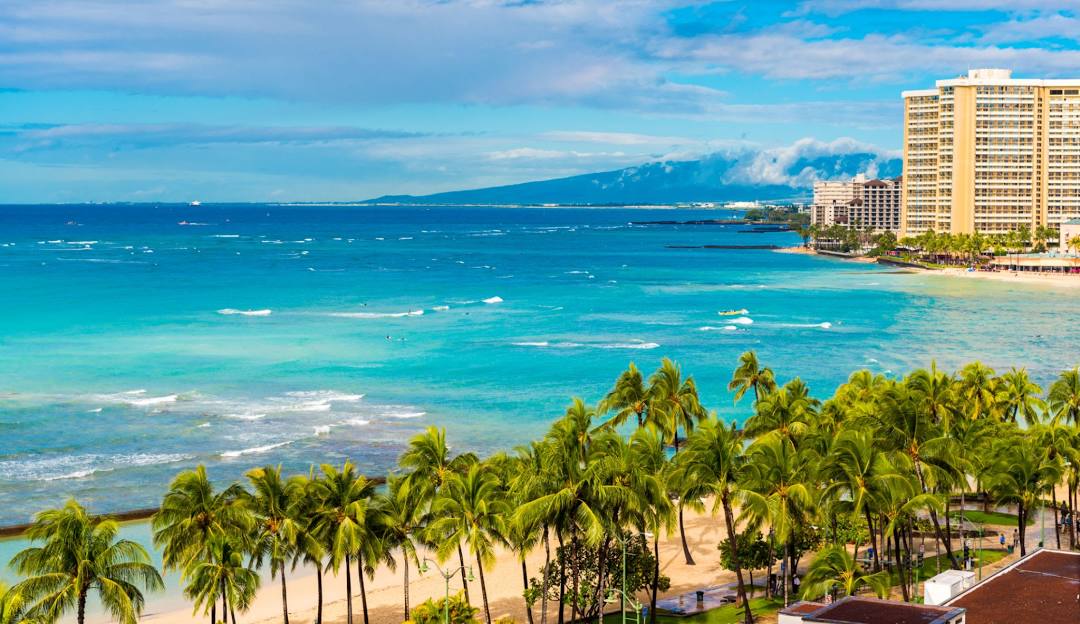“`html
Homeowners Insurance in Hawaii
Hawaii is known for its stunning beaches, vibrant culture, and unique landscape. However, owning a home in this island paradise comes with its own set of challenges, particularly when it comes to insurance. Understanding homeowners insurance in Hawaii is essential for homeowners to protect their investments against local risks and hazards.
What is Homeowners Insurance?
Homeowners insurance is a type of property insurance that covers a private residence. It provides financial protection against various risks such as fire, theft, storm damage, and liability for accidents that occur on the property. In Hawaii, where natural disasters like hurricanes and earthquakes are prevalent, homeowners insurance is not just a financial safety net but a necessity.
Benefits of Homeowners Insurance in Hawaii
- Financial Protection: Homeowners insurance covers repairs and replacements due to damages caused by covered perils, including natural disasters common to Hawaii, such as hurricanes and flooding.
- Liability Coverage: If someone is injured on your property, homeowners insurance can help cover legal fees and settlements, protecting your assets.
- Additional Living Expenses: If your home is uninhabitable due to damage from a covered event, homeowners insurance may cover the costs of temporary housing.
- Protection for Personal Property: Your belongings, from furniture to electronics, can be covered against theft or damage, offering peace of mind.
Specific State Regulations in Hawaii
Hawaii has specific guidelines and regulations regarding homeowners insurance, which homeowners should be aware of:
1. Mandatory Coverage for Hurricanes
Due to Hawaii’s geographical location, all homeowners insurance policies must include hurricane coverage. However, some policies might impose higher deductibles specifically for hurricane-related claims.
2. Exclusions
Standard homeowners insurance policies often exclude coverage for flood damage. Given Hawaii’s risk for heavy rainfall and tsunamis, homeowners may need to purchase a separate flood insurance policy through the National Flood Insurance Program (NFIP).
3. Earthquake Coverage
Earthquakes are also an inherent risk in Hawaii. However, not all standard homeowners insurance policies include earthquake coverage, so homeowners should consider purchasing it as an add-on or a separate policy.
4. Property Assessments
Hawaii law requires insurance providers to assess the property value accurately. This is essential because insurance premiums depend on the home’s assessed value and risk of damage from natural disasters.
5. Windstorm Coverage
Some insurers categorize windstorm damage—especially from hurricanes—under separate policies or riders. It’s crucial to review your current policy for specific windstorm exclusions or requirements.
Factors Affecting Insurance Premiums in Hawaii
Several factors influence homeowners insurance premiums in Hawaii:
- Location: Homes in coastal areas may have higher premiums due to flood and storm risks.
- Home Value: The estimated replacement cost of your home plays a significant role in determining your premium.
- Roof Age and Type: The condition and material of your roof can affect your premium, especially regarding hurricane resistance.
- Claims History: A history of claims can increase your premiums, as insurers may see you as a higher risk.
Top Homeowners Insurance Providers in Hawaii
When looking for homeowners insurance in Hawaii, it’s crucial to compare quotes from multiple providers. Here are some of the top insurance providers in the state:
1. State Farm
State Farm is one of the largest homeowners insurance providers in the U.S. and offers comprehensive coverage options in Hawaii. They provide customizable policies, including hurricane and earthquake coverage.
2. Allstate
Allstate is known for its robust customer service and a variety of policy options. In Hawaii, Allstate offers tailored plans, coverage for natural disasters, and discounts for bundling insurance policies.
3. Farmers Insurance
Farmers Insurance provides specialized homeowners insurance policies that address local needs, such as hurricane and flood damage coverage. Their policies also include options for additional living expenses if your home becomes uninhabitable.
4. Hawaiian Insurance & Guaranty Company
This local provider offers policies specifically designed for the unique risks associated with living in Hawaii. They understand the local landscape and regulations, making them a reliable choice for homeowners insurance.
5. Liberty Mutual
Liberty Mutual offers a wide range of home insurance options, including customizable policies that account for Hawaii’s specific risks. They also provide extensive disaster preparedness resources for their policyholders.
Conclusion
Homeowners insurance in Hawaii is essential for protecting your property from natural disasters and other risks. With specific state regulations and unique coverage needs, it’s crucial to understand your options and the benefits provided by various insurance companies. By choosing the right policy, you can ensure that your investment in your Hawaiian home is well protected.
“`
